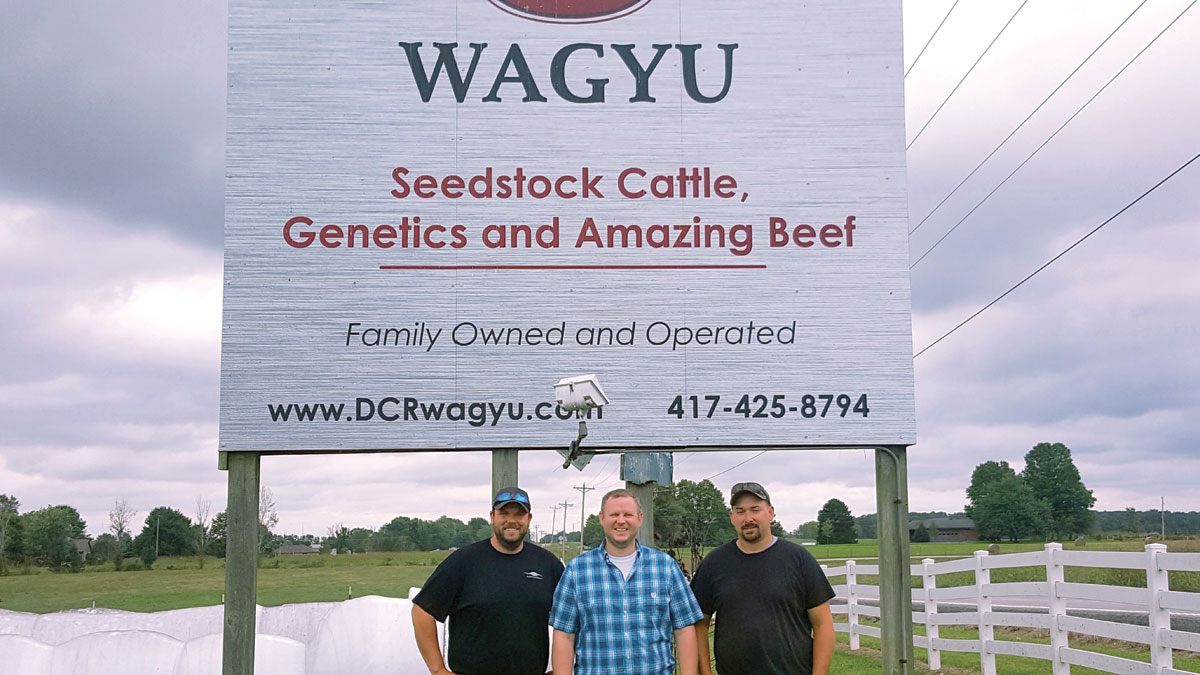Warren didn’t just throw his hat into the ring. He said, “I think the Soil and Water Conservation District suggested me. They’re across the aisle from the FSA.” Laughing, he added, “I guess they didn’t have any other choice.”
But seriously, Warren explained, “They try to represent the people with responsible people who are involved in the projects; the agricultural part of it.” It is important for the FSA to keep “knowledgeable people of the agriculture sector in the county on the board.” These people are actively involved in agriculture. Warren said another important quality is “someone that is fair and considers everybody’s needs.”
Warren Hoffman was a dairy farmer for 40 years. When asked about working off the farm, he answered, “Well, maybe in all my lifetime I might have worked ‘out’ a year all put together.”
Warren has been married to his wife, Jimmie, for nearly 56 years. "We're really proud of that," he added. The Hoffman’s two grown children reside near their 371 acre farm.
Warren now does what he calls backgrounding. “It’s where you buy cattle and correct somebody else’s mistakes. People send bull calves to the market, and cattle with horns on them, and things of that nature. When you background, you try to correct all that.” That would explain why he has “all varieties of cattle.” He said, “Except in the wintertime, I buy cattle every week or two.” How long he keeps the cattle depends on their size and the market.
Growing up on a farm, Warren has been farming all his life. Being on the board of the Farm Service Agency has made him conscious of his farming decisions. "I try to be cautious about taking too much part in the disaster programs. I don’t want somebody pointing a finger at me and saying, 'Boy, he really got it because he’s on the board.'”
On the other hand, his farming experience has affected his decisions on the board. He said, “I think, without question, it makes you look at the practical aspect of the operation.”
The most surprising thing about FSA for Warren was the programs that are offered that he said he was not aware of until he became more active.
He said he didn’t take advantage of assistance programs available after the ice storm, but said, “I did take advantage of the drought assistance, which I guess is still going on. It’s still in effect if people want to sign up.”
Having served on the board for three years, Warren just began his second term. While he has seen a lot of good programs, he has also noticed what he calls, “A reward for poor management.” He explained, “We had drought assistance. When people ran out of water, ponds went dry, they qualified for assistance. Well, (sometimes) that person, before the drought started didn’t have a knee-deep pond to begin with.” That is what he calls a reward for poor management. "If someone’s got a pond that’s knee-deep and it doesn’t rain for 60 days, they’re going to run out of water. The frustration lies in the fact that many others would have provided for those kinds of situations, and wouldn't have been as likely to run out of water."
The biggest change Warren has seen recently in the FSA “is the amount of programs in different categories being offered.” He also noted a surge to provide assistance to disasters. One of the biggest things he’s seen happen is an increase in the number of disaster programs.
The Farm Service Agency administers what Warren called an endless amount of programs. Warren said, “I see there’s a big opportunity for a lot of programs that people don’t partake of and don’t get informed of. They could be missing out on what is offered.”
Warren enjoys being on the board of the FSA and said, “I appreciate the people electing me. I appreciate working for the counties.”






